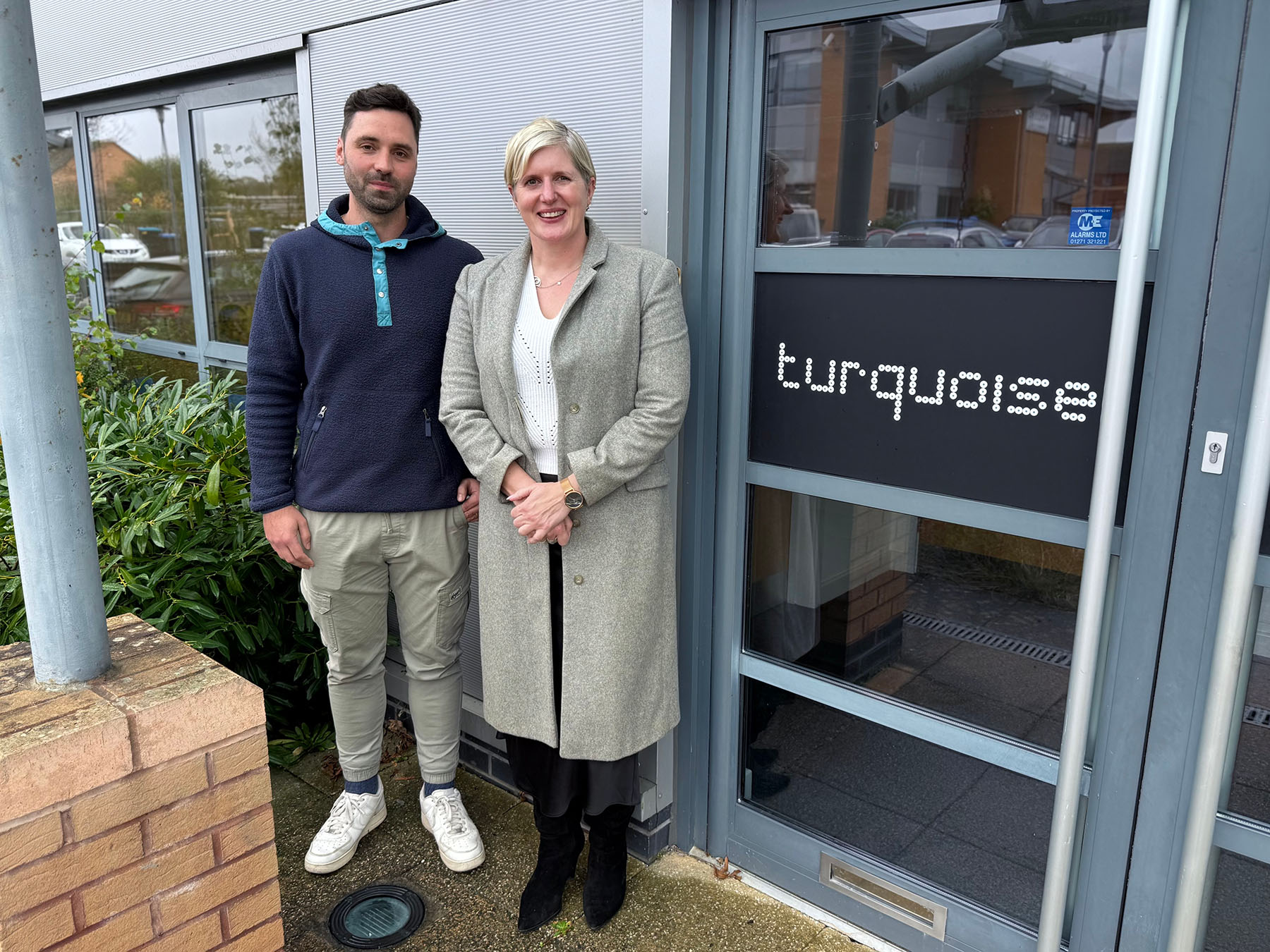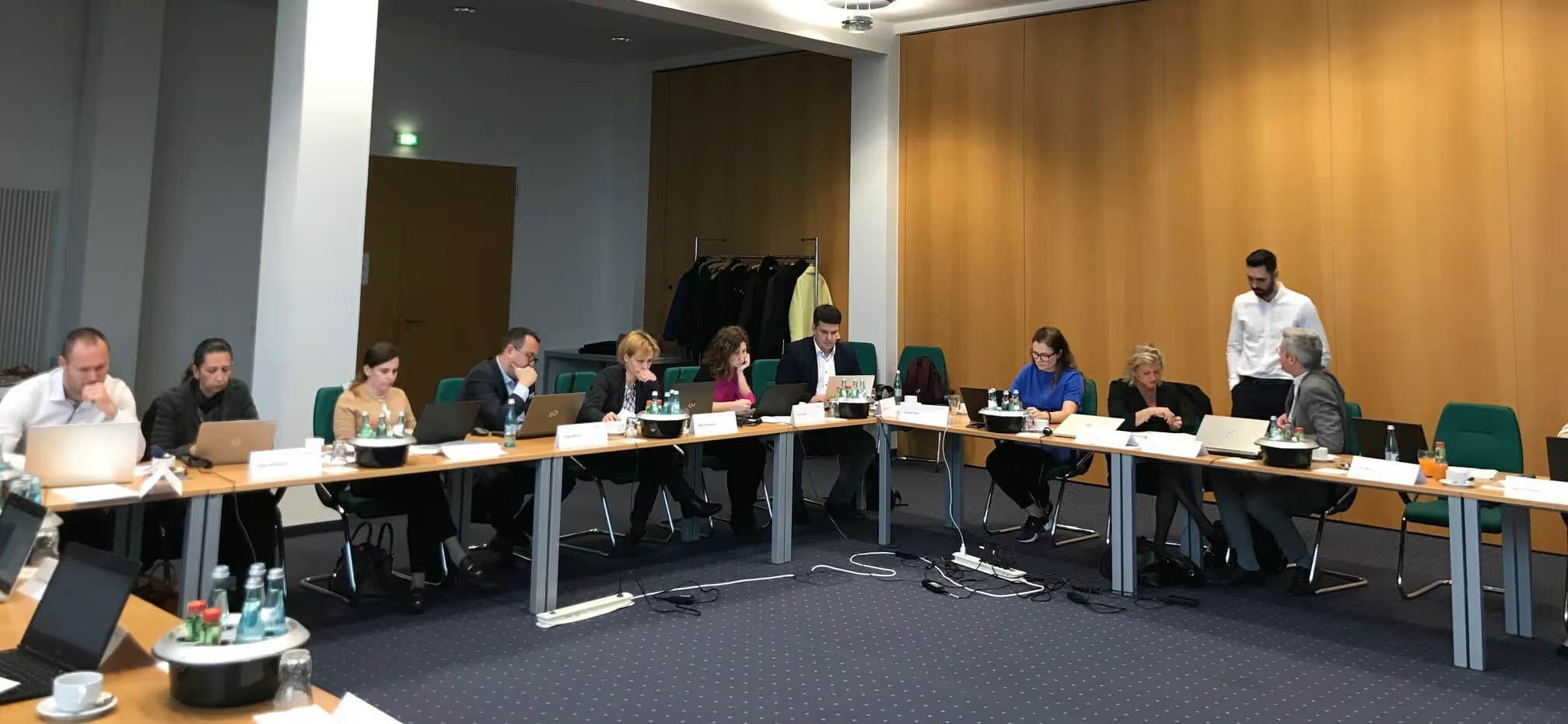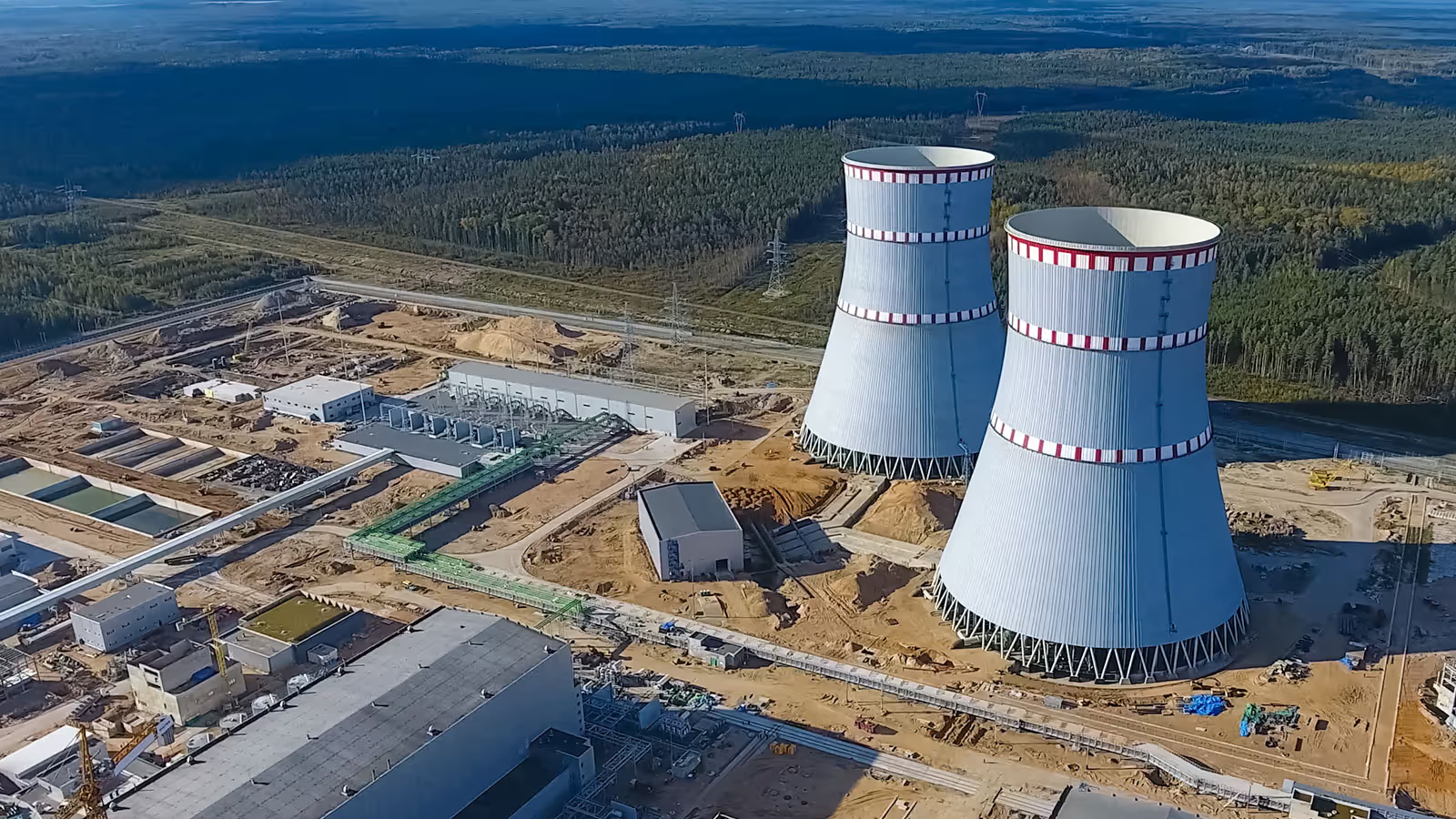
Insight
22nd March 2022
Electricity policy – the road to net zero
The UK’s government’s pledge to achieve net zero emissions by 2050 is monumental. Achieving it would be the best possible legacy to leave for future generations. Yet it is going to require seismic shifts in policy and habits at every stage from production to consumption.

When we take our periodic look at changing trends in the sector, it will be against the backdrop of the transition to net zero. That has to start right now, and it will be the overarching factor till 2050 – or however long it takes.





























